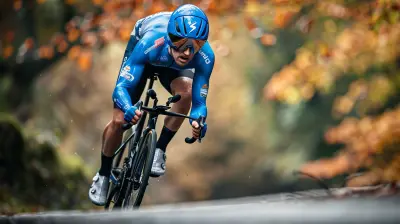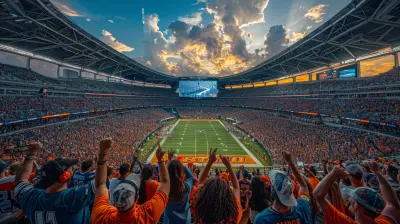The Role of the Coach in an MMA Fighter’s Career
19 August 2025
Let’s talk about something that doesn’t get nearly enough attention in the fight world: the coach. Sure, when we think of MMA, we picture the fighter—their shredded physique, crazy knockouts, and intense face-offs. But behind every successful fighter is a coach (or sometimes, a team of coaches) playing a role just as vital as the athlete inside the cage.
So what does a coach actually do for a mixed martial artist? Is it just about yelling instructions or holding pads? Absolutely not. The coach is often the strategist, motivator, psychologist, mentor, and sometimes even a best friend or father figure. It’s a dynamic relationship, and if you’re curious how essential this role is in building a champion, you're in the right place.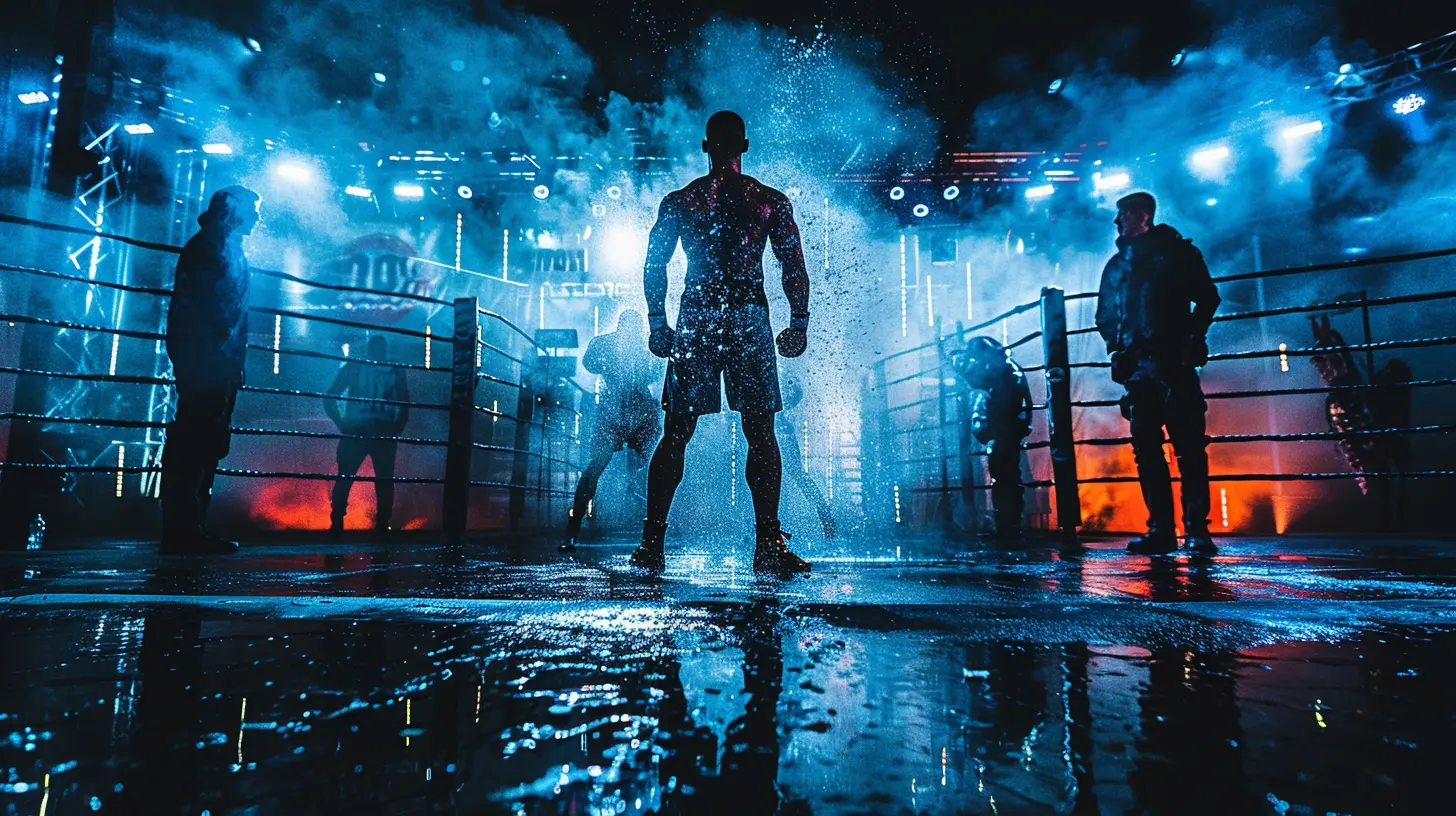
The Unsung Hero Behind the Fighter
When an MMA fighter steps into the octagon, all eyes are on them. But behind that walkout song, those hand wraps, and that steely glare lies hours—no, years—of hard work guided by someone else. The coach is the architect of the fighter’s journey.Imagine a fighter as a race car. The fighter may have all the horsepower, but the coach? That’s the one fine-tuning the engine, studying the competition, and calling the right strategy on race day.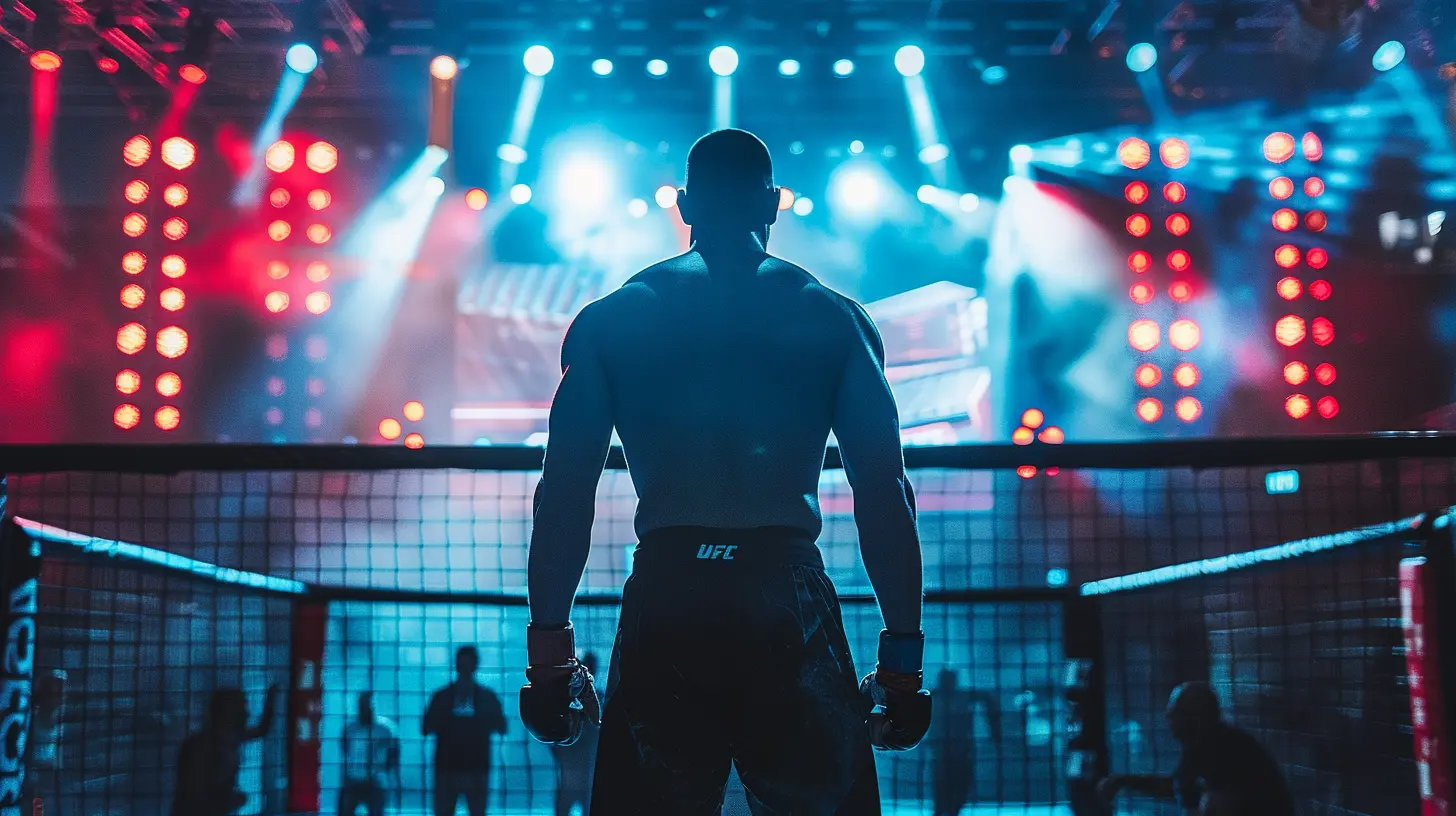
Not All Coaches Are Created Equal
In MMA, you’ll find different kinds of coaches—head coaches, striking coaches, wrestling coaches, BJJ (Brazilian Jiu-Jitsu) coaches, strength and conditioning trainers, and so on. But the head coach is the glue that keeps it all together.Think of the head coach as a general leading an army. They coordinate the game plan, manage training camps, and keep the fighter on task. It’s not just about the physical—these coaches often play a massive role in shaping mental toughness, strategy, and discipline.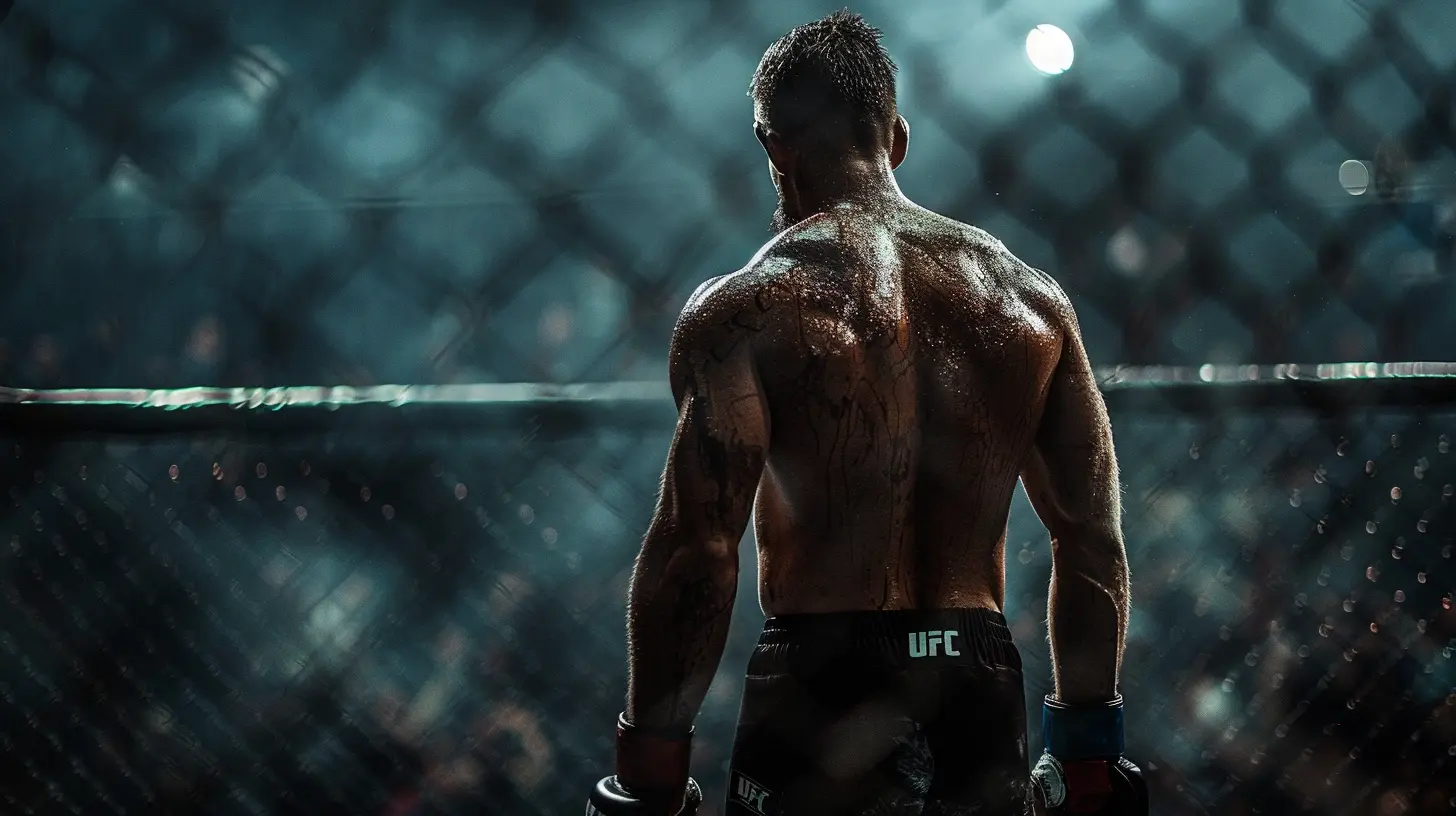
Building the Foundation: Early Days Matter
The coach-fighter relationship often begins when a fighter is just stepping into the sport. At this stage, coaches teach the fundamentals—how to throw a proper jab, how to sprawl, how to breathe during a round. It’s the equivalent of learning the alphabet before writing a novel.And this early foundation? It sticks. The way a coach molds a fighter during these early years can determine how far they’ll go later. Just like a tree needs strong roots, an MMA fighter needs solid basics—and it’s the coach's job to provide them.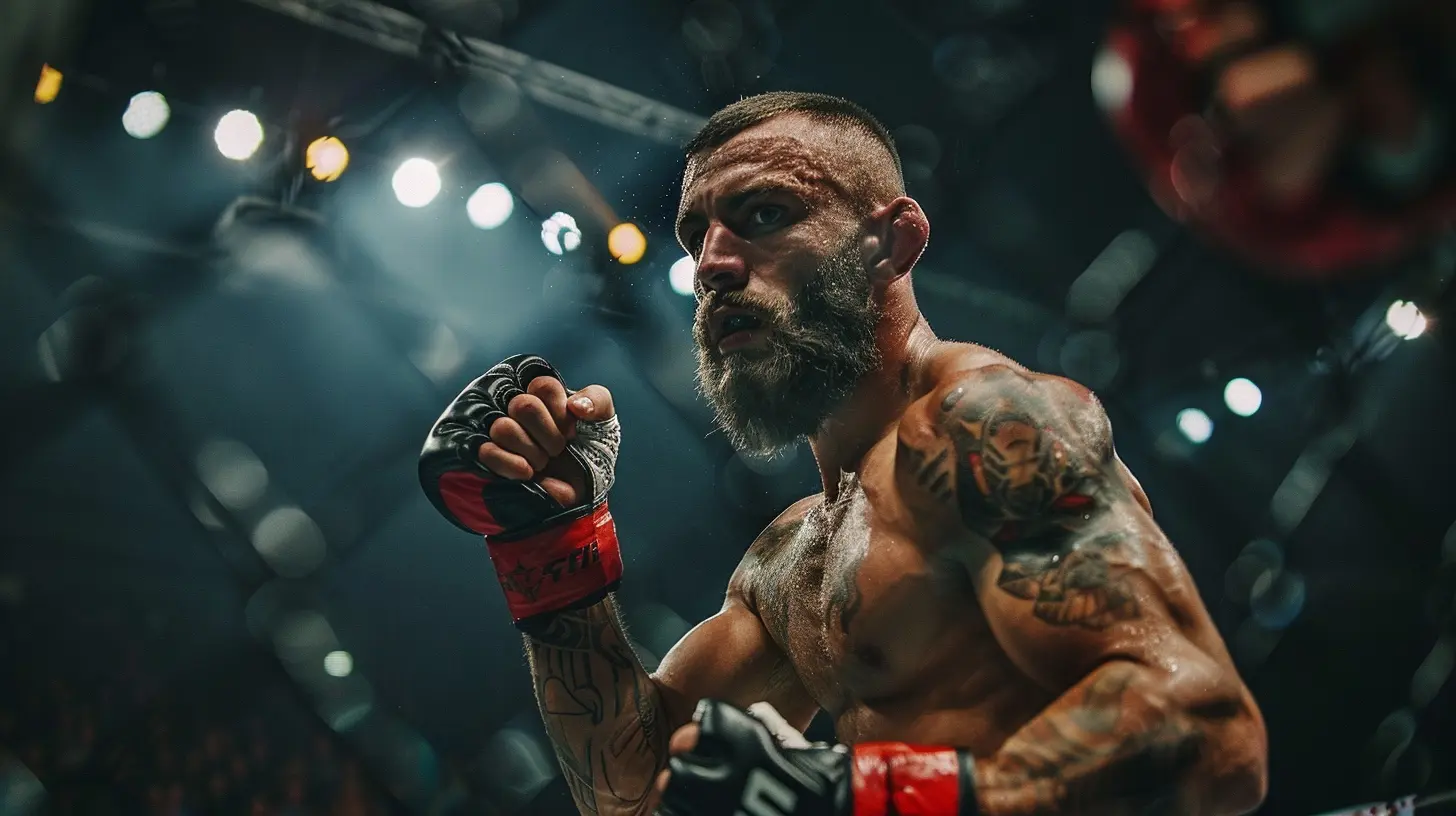
More Than Just Technique: The Mental Game
Here’s the thing: MMA isn’t just physical. It’s a mental war. You can be the strongest guy in the gym, but if your mind breaks under pressure, you’ll get eaten alive in that cage. That’s where the coach steps in as a mental coach too.They’re the ones whispering in your ear before a big fight, helping you stay calm in moments of chaos, and reminding you who you are when self-doubt creeps in.
Sometimes, a coach is like a sports psychologist without the degree. They can read the room, feel an athlete’s vibe, and know when to push or pull back. That intuition? It can mean the difference between victory and defeat.
Crafting the Game Plan
Every fighter has strengths and weaknesses, and it's the coach’s job to bring out the best while minimizing the risks. They’ll watch hours of tape on your opponent and find those tiny openings—maybe the other guy drops his left hand after a jab or has weak takedown defense.Creating a tailored game plan is like solving a puzzle. A good coach doesn't just create a strategy; they teach the fighter how to execute it under pressure.
Picture this: You've trained for eight weeks, you're in the cage, and it’s Round 3. Your legs are jelly, your lungs are on fire, and your nose might be broken. That's when your coach’s voice cuts through the noise, telling you what to do. That connection can be the edge that tops the scorecard.
Fight Camp: The Real Grind
Fight camp is where the magic—and madness—happens. It’s a few intense weeks leading up to a fight where the fighter trains, eats, sleeps, and breathes MMA. And the coach is there for all of it.During fight camp, the coach tailors every session to peak the fighter at the right time. Too much too soon, and the fighter could burn out. Too little too late, and they won’t be sharp. The coach plays both scientist and artist here, balancing workload, recovery, and focus.
They also act as traffic control—managing the other coaches, training partners, and maybe even dealing with emotional drama or media pressure. It’s not just “let’s work on your jiu-jitsu today.” It’s more like, “let’s make sure your head, heart, and body are all in sync.”
The Corner: When Seconds Matter
Let’s zero in on fight night. The coach has a front-row seat and just one real chance to steer the ship between rounds. Every word counts. Between the round bell and the next beatdown, they’ve got less than a minute to calm, hydrate, and direct the fighter.Ever notice how some fighters respond to calm instructions, while others need to be hyped up? That’s coaching intuition again. Knowing your fighter’s psychology is crucial.
And here's the thing—good corner advice can win you the fight. A coach sees things the fighter can’t. Maybe a subtle tell from the opponent. A weakness they’ve been waiting to exploit. One smart call can flip the script.
Long-Term Growth: Evolving With the Fighter
As fighters mature, so must the coach. What worked five years ago may not work today. MMA evolves, and champions don’t stay champions by staying the same. The coach must stay ahead of trends, study upcoming styles, and adapt training accordingly.And here's a crucial part—ego. Some coaches let their egos get in the way, insisting on sticking to outdated methods. But the great ones? They learn alongside the fighter. They’re not afraid to bring in new knowledge or specialists where needed.
Coaches also know when to shift gears—maybe a fighter is aging and can’t train like they did in their 20s. A sharp coach tailors the entire approach to suit the fighter’s evolving body and mindset.
The Personal Touch: Trust and Loyalty
Let’s not forget the emotional bond. Many coach-fighter relationships go way beyond the gym. Coaches are there through injuries, heartbreaks, losses, and life's ups and downs.That connection builds trust—and trust is everything. If a fighter doesn’t buy into what the coach is saying, the whole ship sinks. But when there’s genuine belief? It's magic. That’s when you see fighters go the extra mile, push through pain, and dig deeper when it matters.
Think about legendary duos like Mike Brown and Dustin Poirier, or Trevor Wittman and Justin Gaethje. That level of partnership is built on respect, honesty, and consistency.
Switching Camps: When Things Don’t Work Out
Sometimes, despite all the effort, things go sour. A fighter might feel like they’ve outgrown their coach or that they need a change. And that's okay—it’s part of the sport. Switching camps is never easy, but it can breathe new life into a career.The key? Making the move for the right reasons. Not out of ego or frustration, but because a fighter’s long-term growth needs it. And for coaches, it’s about recognizing when to let go—no hard feelings, just understanding.
Coaching in the Modern MMA Era
With MMA booming worldwide, coaching today is more complex than ever. Fighters aren’t just learning one or two disciplines anymore—they’ve got to be well-rounded. And the coach? They’re managing a full-blown performance team: nutritionists, physiotherapists, media teams, and more.It’s no longer just about holding mitts. It's about leadership. A good coach becomes the CEO of the fighter’s career.
Final Thoughts: The Coach Makes the Fighter
At the end of the day, a coach is more than just a trainer. They’re the unsung hero behind the scenes, shaping every jab, every takedown, and every comeback story.It’s a tough job—often thankless, sometimes heart-breaking, but incredibly rewarding. For every belt raised and every hand lifted in victory, there’s a coach smiling quietly in the background, knowing they helped build that moment.
So next time you’re watching a big MMA fight, don’t just watch the fighter. Listen to the corner, pay attention to the post-fight hug, and remember that greatness in the cage is often born outside of it—with a coach who never stopped believing.
all images in this post were generated using AI tools
Category:
MmaAuthor:

Everett Davis
Discussion
rate this article
1 comments
Courtney Sanchez
What specific strategies do coaches use to shape an MMA fighter's mental toughness? I'm curious about the balance between technique and psychology in their training!
September 2, 2025 at 12:42 PM

Everett Davis
Coaches often employ visualization, positive reinforcement, and pressure simulations to enhance mental toughness, balancing technique with psychological resilience to prepare fighters for both physical and mental challenges in the cage.

